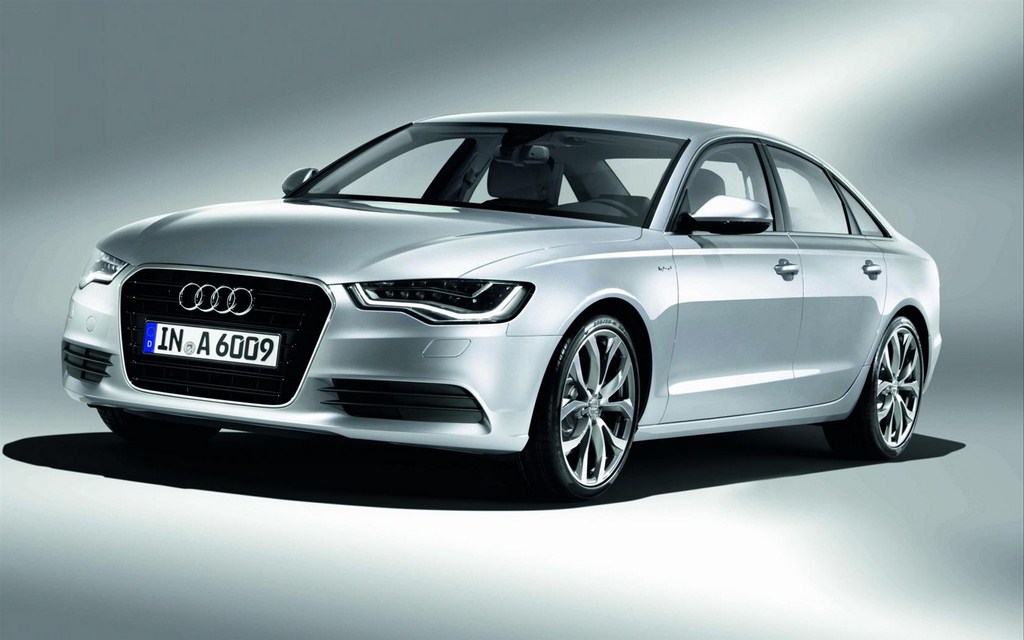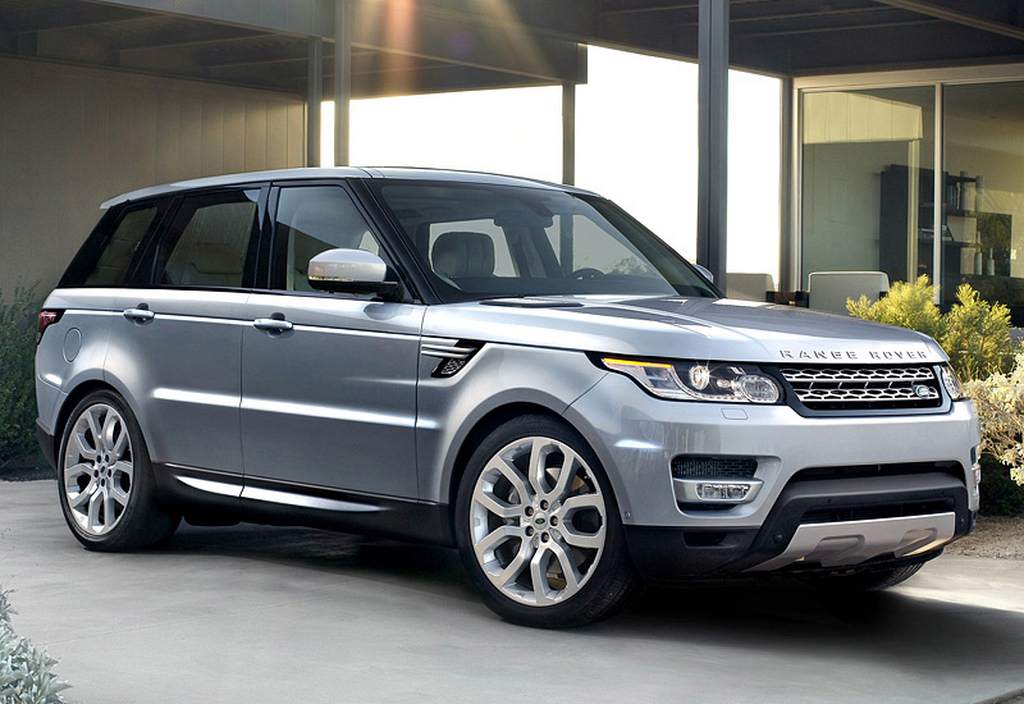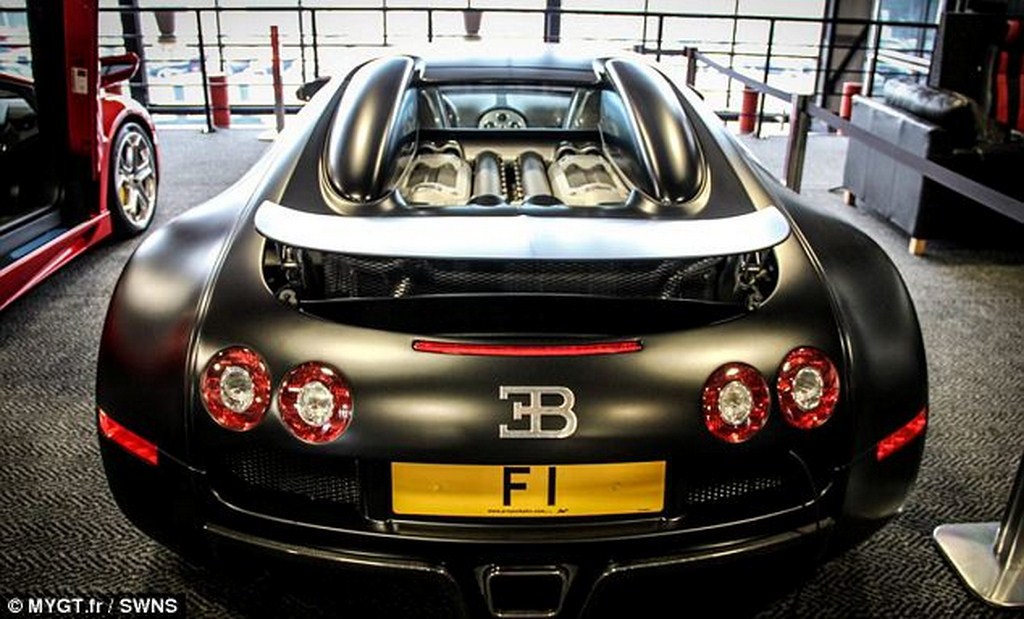Luxury vehicles turn out to be very expensive in the People’s Republic of China with manufacturers claiming as much as nearly three times the price of a vehicle sold in the US. To give you perspective, a Range Rover which would cost around $80,000 (Rs. 48 lakhs) in the US, is priced at an exorbitant $4,50,000 (Rs. 2.70 crore) in China. Customers also end up paying a hefty premium for spare parts and other charges adding up to the total value of the luxury vehicle in question. For reference, the Range Rover is priced between Rs. 2.70 to 3.40 crore in India (all prices for the 2014 LWB version, on-road Mumbai).
Taking this into account, certain affluent individuals from China choose to import luxury vehicles from the US instead, where the price for the car seems like a bargain. Even with the shipping cost added to the price of the Range Rover, the SUV will cost around $2,50,000 (Rs. 1.5 crore) when imported into China. That’s still saving $2,00,000 (1.20 crore) worth of money for possibly another Range Rover. Therefore, it is not too difficult to understand as to why the Chinese customers choose to import vehicles, and this has turned into a profitable business for many in the US.
Chinese buyers hire individuals or companies in the US at a nominal charge to purchase the luxury vehicle from a US based dealership, which is then shipped to China on a freight carrier. The entire process has turned into a huge business for several individuals. The US based dealer gets his full profit and the Chinese buyer receives the vehicle at a discounted price. While the situation may seem a win-win for everyone, luxury automakers are not too happy with the entire process, especially considering the fact that they are losing sales in the other market, not to mention the higher profit margin.
Soon after this issue was brought to light, China’s state planner, the National Development and Reform Commission (NDRC) began investigating into the matter and sent notices to several luxury car makers including Jaguar, Land Rover, Audi, Mercedes and a host of other luxury manufacturers for overcharging their customers on products and spare parts as part of the anti-monopoly regulations. As a result, Audi announced a pricing adjustment on its vehicles proactively, with a total reduction of spare parts expected by around 30 percent for an A6L.
Jaguar and Land Rover too were quick to respond and cut prices by an average $32,300 (Rs. 19.43 lakhs) on three of its models including the Ranger Rover, Ranger Rover Sport and the F-Type, after the NDRC commenced its investigation. China is one of the fastest growing auto markets globally and has huge potential for domestic and international manufacturers to find volumes in the country. However, overcharging for vehicles isn’t really in the best interest for car manufacturers, especially when long term growth is considered.
Coming back to the issue in the US, exporters have not been too happy with the government criminalising a perfectly viable business. The government seized cars as well as funds of most exporters leading to heavy losses. Considering that dealerships do not lose any money, nor are the manufacturers being cheated for the price of the vehicle, exporters state that the US government is protecting foreign manufacturers’ profit margins in another market. However, the best way for luxury manufacturers to curb this issue would be to price their vehicles more realistically in other markets.





